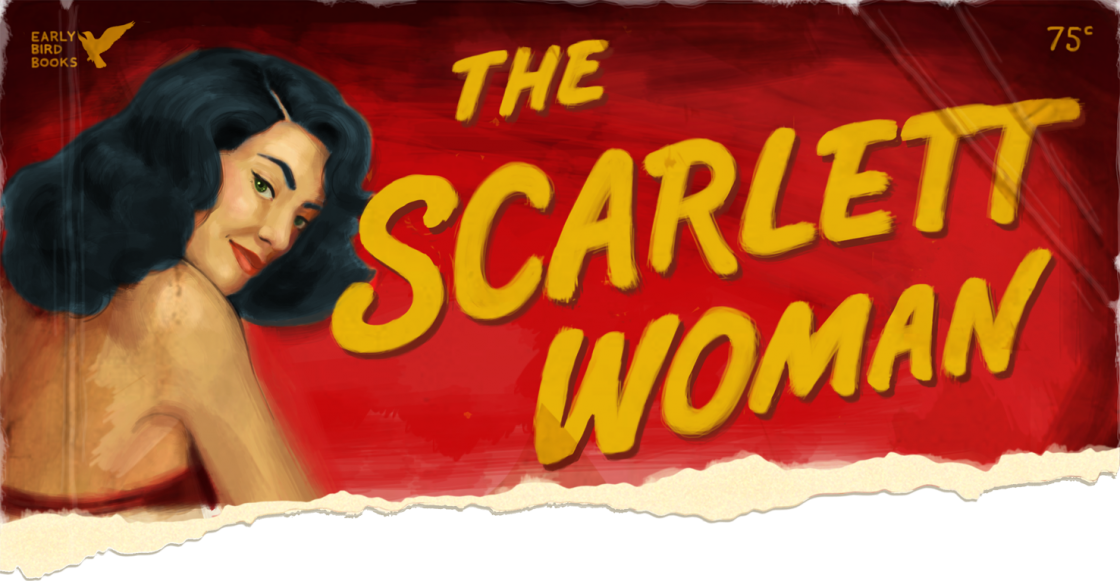In the wake of the Rolf Harris guilty verdict and sentencing, sexual abuse has been on the lips of many people.
Last week I happened to be privy to one such conversation, in which Oscar Pistorius, Ariel Castro and Harris were discussed. Pistorius was rightfully condemned but, as will happen when you’re in the company of much of the general public who take our patriarchal rape culture as gospel, these amateur sleuths discovered holes in the cases of Castro and Harris.
Because Harris wasn’t preying on children, but almost-of-age women, these people questioned the veracity of his victims’ stories. And the fact that another woman came forward with allegations against the former children’s entertainer after the verdict made them wonder why she would even bother or why she didn’t press charges.
Mia Freedman wrote last week of her encounter as a child with Harris, and how he tried to chat up her uninterested mother. She asserted that dirty old men have been rudely awakened in this day and age when what used to be excused as “touchy-feely” is now considered sexual assault.
The conversation then turned to Ariel Castro and his 11-year imprisonment of Michelle Knight (now known as Lily Rose Lee), Amanda Berry and Gina DeJesus. In addition to getting the facts of the case wrong (one person claimed the victims were all about 12 or 13 years old when they were kidnapped; in fact, DeJesus was the youngest at 14 years old, Berry was 17 and Lee was 21), victim-blaming was rife. They wondered why, if the victims were allowed free reign in the house and had been permitted outside (I don’t recall hearing or reading about this, but that’s not to say it didn’t happen), they didn’t just leave. From my understanding, Berry and DeJesus were given more freedom than Lee, who bore the brunt of Castro’s beatings, rape and torture. Plus, Berry had a child to Castro she would need to consider before attempting to escape. This is not to mention Stockholm Syndrome.
Someone wondered why the three women, upon rescue, seemed so normal; years of captivity would drive a person crazy, it was asserted. Firstly, I don’t believe the women seemed “normal” at all; we’ve hardly heard from DeJesus and Lee has been the most vocal about her abuse but it’s clear how affected she is by it. Secondly, when I interjected to say the women weren’t exactly children, so therefore had mental faculties that would serve them better in their fight-or-flight predicament, and that they had each other to lean on in the dire situation they found themselves in, I was shut down. Perhaps it was because I’ve heard this person say numerous times they hate to be alone and thrive in the company of others so couldn’t fathom only being in contact with three other people for 11 years, but the human body and mind have ways of adapting to such circumstances. Lee, Berry and DeJesus are a testament to that.
From here the conversation turned to domestic violence victims and, as we oft hear, “why they just don’t leave” and that “there would have to be some evidence of years of abuse” when victims are pushed to the brink and end up murdering their abusers. By this point I was livid and held myself back from saying what I am about to type lest I damage my at-arms-length but daily relationship with these people: intimate partner violence doesn’t just happen out of the blue. It’s not like one day your loving, equal partner snaps and hits you and that’s it: you leave them (although I’m sure there are a small amount of cases like this, the vast majority of abusers have a pattern of behaviour prior that results in violence).
While I’ve never been in an abusive relationship myself, I watched my parents engage in one for 22 years—a relationship that became violent long before that.
Abusers isolate their partner from their support system, severing contact with family, friends and the workplace, and thereby finances of their own, so that when the violence begins the victims have nowhere to turn. My mum was a stay-at-home parent and engaged in several small businesses with my father so she was completely financially dependent on him. My dad would even work three jobs while my mum stayed home which I’ve only just deduced was probably his attempt to keep her as his dependent. I watched my mothers’ friends and family come and go, oftentimes due to altercations about my father. She told barely anyone and never went to the cops or the emergency room; there was no point if she couldn’t leave. I think I remember Mum telling me once that her mother-in-law tended to her cut face and neck after my father glassed her. He abused her whilst she was pregnant with me, and I can count at least ten other times I witnessed violence before the age of 12. Around that time it stopped, but that was when the years-long break-up, make-up back-and-forth began and didn’t end until I was 22 and my father finally moved out of the familial home. My sister and I followed soon after.
I blamed my mother a lot for “not just leaving”, as the abovementioned gaggle of armchair commentators would say, and I still harbour resentment towards her for exposing her children to a violent relationship. But as I’m exposed to more and more women’s stories of violence, I come to understand my mother’s circumstances more and more. I only hope that as these cases continue to come to light, the ignorant among us can become just a touch more enlightened about other people’s lives.
Elsewhere: [MamaMia] Mia: “I Met Rolf Harris When I Was About 8 or 9.”

Pingback: On the (Rest of the) Net. | The Scarlett Woman
Pingback: Welcome to the 75th Down Under Feminists’ Carnival